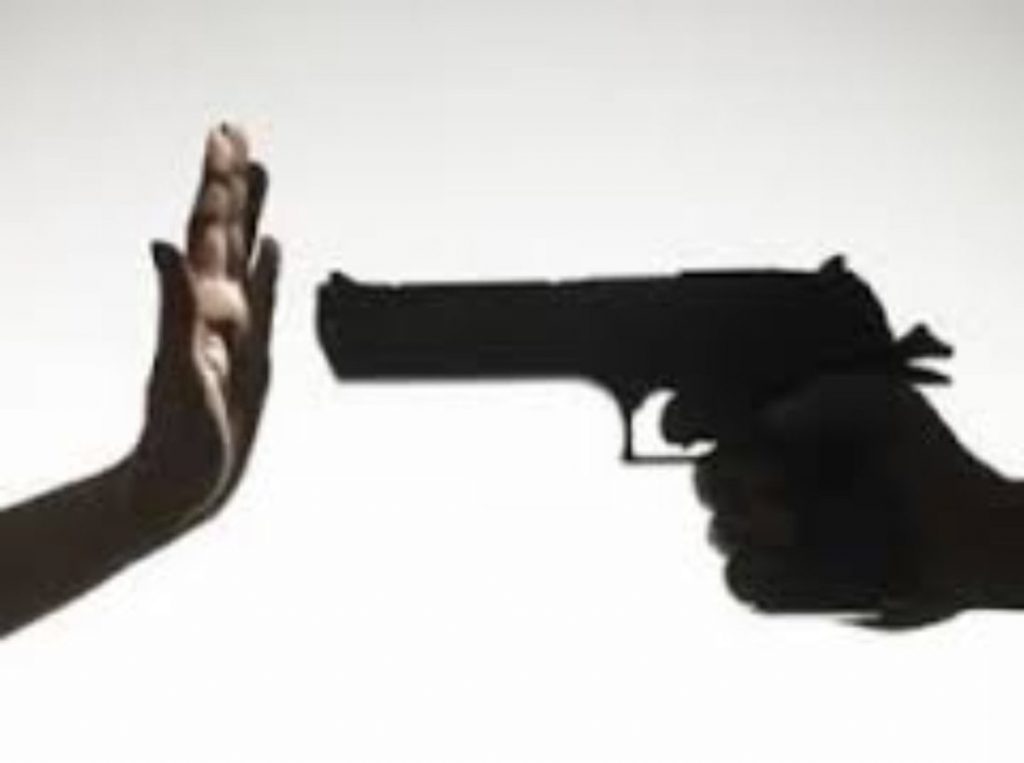Fighting in the Libyan capital Tripoli has ended, the city’s Security Directorate announced yesterday, after nearly a month of fierce clashes that left over 115 people dead and 560 others wounded.
News that the Misrata-based Al-Smoud Brigade, led by former Libya Dawn Operation commander Salah Badi, withdrew from Naqliyia camp near the Airport Road broke early in the day while Tarhouna’s Seventh Brigade also reportedly retreated.
A reconciliation agreement between militia groups in the Tajoura and Souq Al-Joma’a districts was signed on Monday night, paving the way for an end to the fighting with the release of prisoners on both sides. A further ceasefire pledge is expected to be signed with Tarhouna city later today to ensure a lasting peace in the capital.
Security forces removed sand barriers from the fighting zones and gave permission to thousands of displaced families to return to their homes, as news of the ceasefire spread. Some 25,000 people, half of whom were children, had been displaced by the clashes according to the United Nations Children’s Emergency Fund (UNICEF).
Fighting initially erupted in late August between the Seventh Brigade from the town of Tarhouna and two Tripoli-based militias, the Tripoli Revolutionaries’ Brigades and the Nawasi, over the distribution of resources. As more fighting parties got involved, hundreds were injured, and an attack on the city’s only functioning airport caused all flights to be suspended.
A ceasefire deal was subsequently brokered by the UN Mission in Libya, but tensions continued to simmer between warring groups in the capital, leading to renewed clashes last week.
Since the protests against the regime of Libyan dictator Muammar Gaddafi in 2011, the country has faced chronic instability and violence.
In 2014, Libya split between rival camps with Libyan General Khalifa Haftar gradually emerging as the dominant figure in the east aligned with a regional parliament and government, and opposing the internationally recognised government in the western capital, Tripoli.
The country has also seen the rise of militia units exploiting the lack of control of state institutions, making sudden clashes common in many districts.
In May, Libyan factions agreed to proceed with elections scheduled for 10 December, and the UN is leading efforts to stabilise the country in the run up to the vote.
Although it is still unclear how long this second truce will last, French President Emmanuel Macron took the opportunity at the UN General Assembly in New York yesterday, to emphasise the importance of the Libyan election in achieving long term stability.
”Only this can accelerate the road towards a long-lasting solution,’, Macron told diplomats. ”The status quo is only producing gains for traffickers and terrorists’.
______________




